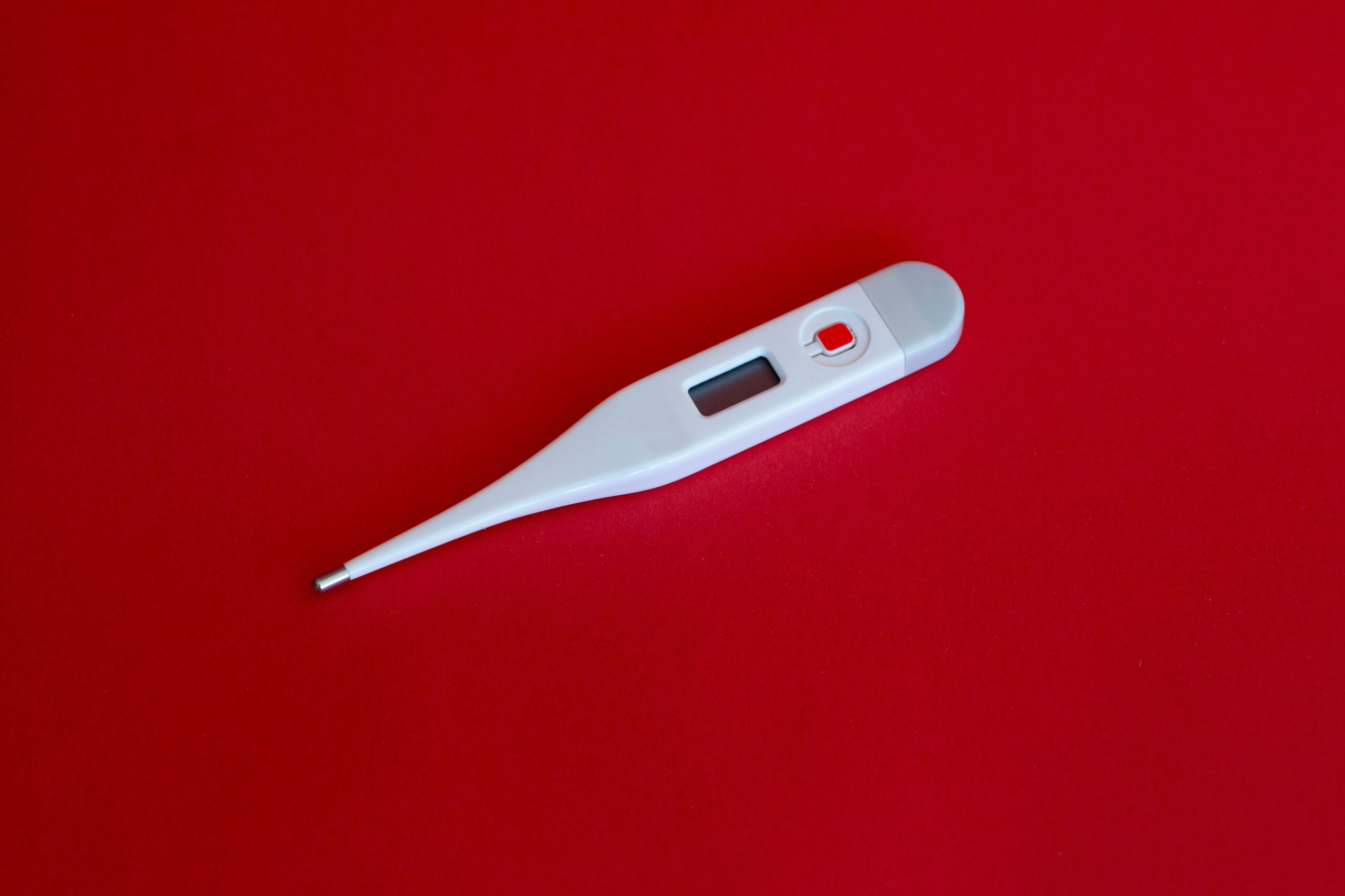Introduction
Levofloxacin is a type of antibiotic medication that belongs to the class of drugs known as quinolones. It is commonly used to treat various bacterial infections in adults, but it can also be prescribed for children in certain cases. However, the usage of levofloxacin in children requires special precautions and careful consideration of the appropriate dosage.
Precautions for Using Levofloxacin in Children
When it comes to administering levofloxacin to children, there are several important precautions that need to be taken into account:
1. Age Restrictions
The use of levofloxacin is generally not recommended for children under the age of 18, as it may interfere with the development of bones, joints, and other connective tissues. However, in certain situations where the benefits outweigh the risks, a healthcare professional may prescribe levofloxacin for a child.
2. Underlying Conditions
Children with certain underlying medical conditions, such as cystic fibrosis or complicated urinary tract infections, may be more likely to receive a prescription for levofloxacin. However, this decision should be made by a qualified healthcare provider who can assess the potential risks and benefits.
3. Potential Side Effects
Like any medication, levofloxacin can cause side effects in children. Some common side effects include nausea, vomiting, diarrhea, headache, and dizziness. If your child experiences any unusual or severe side effects while taking levofloxacin, it is important to seek medical attention immediately.
4. Drug Interactions
Levofloxacin may interact with other medications that your child is taking, potentially leading to harmful effects. It is crucial to inform the healthcare provider about all the medications, supplements, or herbal products your child is currently using before starting levofloxacin treatment.
Dosage Guidelines for Levofloxacin in Children
The dosage of levofloxacin for children is determined based on various factors, including the child’s age, weight, and the specific infection being treated. It is essential to follow the dosage instructions provided by the healthcare professional carefully.
1. Oral Suspension
Levofloxacin is available in the form of an oral suspension for children who are unable to swallow tablets. The dosage is usually calculated based on the child’s weight, and it is typically administered once or twice a day. It is important to shake the suspension well before each use to ensure proper distribution of the medication.
2. Tablet Form
For older children who can swallow tablets, levofloxacin is available in tablet form. The dosage may vary depending on the specific infection being treated, but it is generally taken once daily. It is important to swallow the tablet whole and not crush or chew it.
3. Duration of Treatment
The duration of levofloxacin treatment in children may vary depending on the type and severity of the infection. It is crucial to complete the full course of treatment as prescribed by the healthcare provider, even if the symptoms improve before the medication is finished.
Conclusion
Levofloxacin can be a useful antibiotic option for certain bacterial infections in children, but its usage requires careful consideration of the potential risks and benefits. Precautions should be taken to ensure the safety and well-being of the child, and the dosage should be determined by a qualified healthcare professional. If you have any concerns or questions about the usage of levofloxacin in children, it is important to consult with a healthcare provider for personalized advice.


